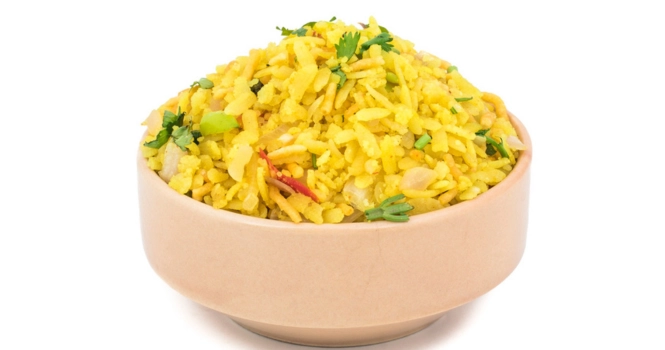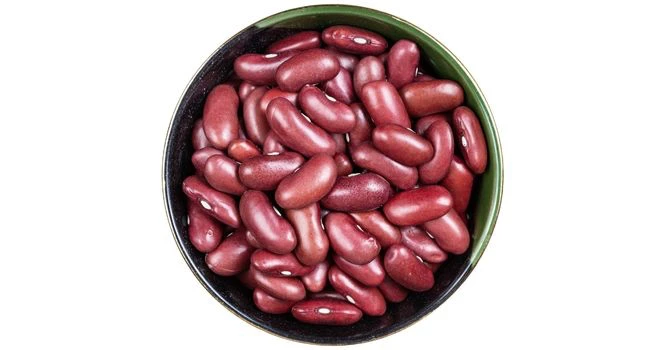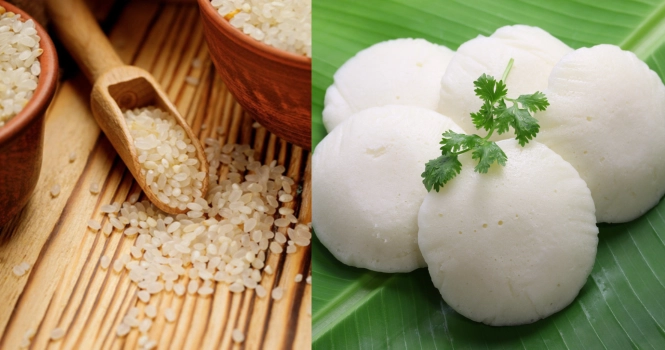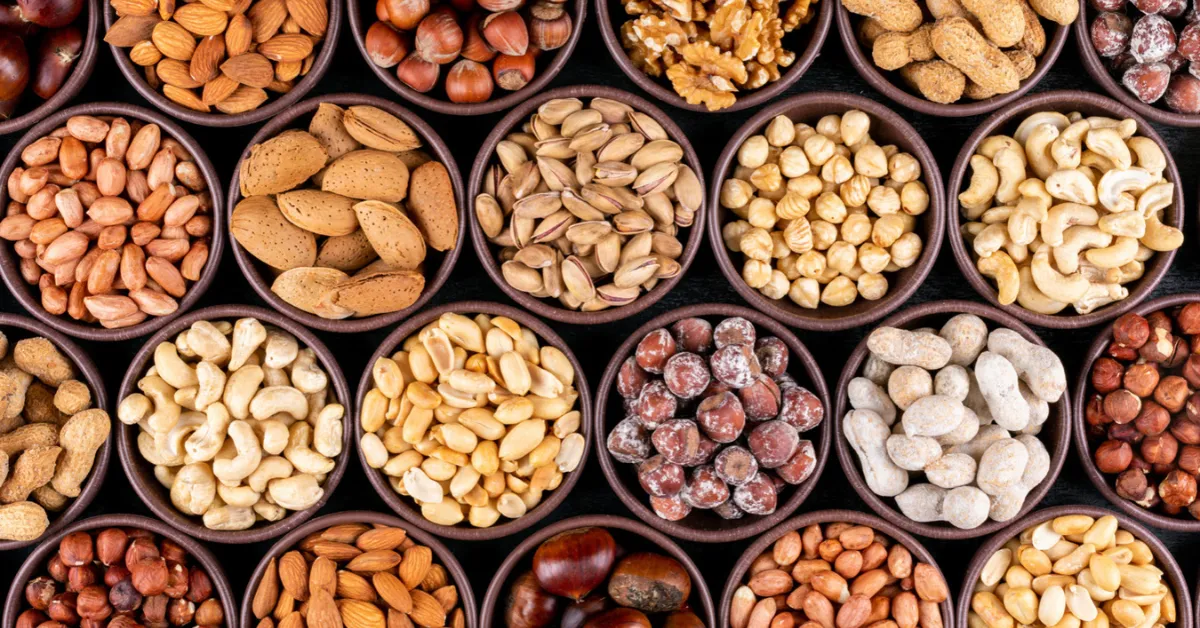Can Mango Cause Acidity? Investigating Its Impact on Digestion
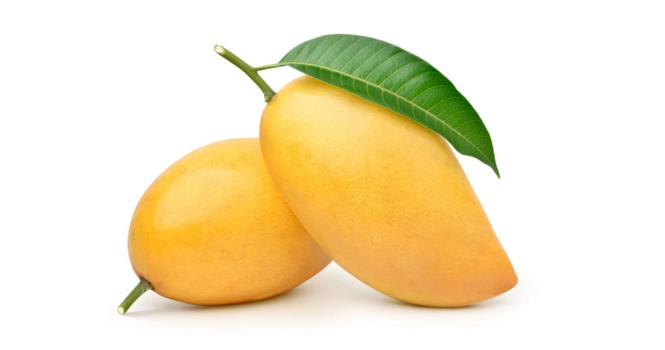
Mango, often hailed as the “king of fruits,” is a juicy, sweet tropical fruit known for its vibrant yellow or orange flesh and distinct flavor. Scientifically named Mangifera indica, it belongs to the Anacardiaceae family.
Originating from South Asia, mangoes have been cultivated for thousands of years, with India being one of the largest producers. They come in various sizes, shapes, and colors, including green, yellow, and red.
Mangoes are not only relished for their delicious taste but are also packed with nutrients, including vitamins C and A, and antioxidants. However, some people wonder if mangoes might affect their skin, especially when it comes to breakouts. Learn more in our article on whether mangoes cause pimples.
They are versatile in culinary uses, from being eaten raw to being used in smoothies, salads, desserts, and savory dishes. Mangoes also hold cultural significance in many regions around the world and are celebrated through various festivals and culinary traditions.
Can Mango Cause Acidity?
Mangoes, a popular tropical fruit, are known for their sweet and rich flavor. They are a staple in diets across the world, particularly in tropical regions. However, there’s a common concern about whether mangoes can cause acidity or acid reflux.
Firstly, it’s important to understand what acidity or acid reflux means. Acid reflux, also known as gastroesophageal reflux disease (GERD), is a condition where stomach acid flows back into the esophagus, causing discomfort and a burning sensation known as heartburn. The esophagus is the tube that connects the mouth to the stomach, and it’s not equipped to handle the corrosive nature of stomach acid. When the lower esophageal sphincter (LES), a valve at the entrance of the stomach, doesn’t close properly or opens too often, it can lead to acid reflux.
Mangoes contain natural acids, primarily citric, malic, and tartaric acids. These acids are what give the fruit its slight tanginess, balancing out its inherent sweetness. While these natural acids are not harmful in themselves, in some people, especially those with a sensitive stomach or existing acid reflux condition, consuming mangoes might exacerbate symptoms of acidity.
However, the relationship between mangoes and acidity isn’t straightforward. Mangoes also contain dietary fiber and alkaline components, which can actually aid in digestion and reduce the symptoms of acid reflux in some individuals. The ripeness of the mango also plays a role. Ripe mangoes are less acidic than unripe ones and are generally considered more gentle on the stomach.
Individual responses to mangoes can vary greatly. Some people might experience no issues at all, while others could find that eating mangoes triggers or worsens their acid reflux symptoms. It’s essential to observe how your body reacts to mangoes. If you find that consuming mangoes causes discomfort, heartburn, or other symptoms of acidity, it might be advisable to limit your intake or avoid them altogether.
Additionally, how you consume mangoes can also impact their effect on acid reflux. Eating mangoes in moderation, preferably as part of a balanced meal rather than on an empty stomach, can help mitigate potential issues. Overeating or consuming mangoes alongside other acidic or fatty foods might increase the likelihood of acid reflux.
Summary
While mangoes can cause acidity in some individuals, particularly those with a predisposition to acid reflux, they are not universally problematic. If you have a history of acid reflux or a sensitive stomach, it’s wise to consume mangoes cautiously and pay attention to how your body responds. As with most dietary concerns, individual differences play a significant role, and what works for one person may not work for another.
List of Non Acidic Fruits
Non-acidic fruits, also known as alkaline fruits, are an excellent choice for those looking to balance their diet’s pH level or for those who have sensitivity to acidic foods. The following are a list of some common non-acidic fruits:
- Bananas – Ripe bananas are low in acid and high in potassium.
- Watermelon – This fruit is not only non-acidic but also highly hydrating.
- Cantaloupe – A sweet melon that is low in acidity.
- Honeydew Melon – Another melon variety that is alkaline and refreshing.
- Mangoes – Ripe mangoes are lower in acid compared to their unripe counterparts.
- Papayas – Known for their digestive enzymes and low acid content.
- Avocados – Technically a fruit, avocados are low in acid and high in healthy fats.
- Persimmons – A sweet fruit, especially when fully ripe, with low acidity.
- Pears – Mild and gentle on the stomach, especially when ripe.
- Figs – Both fresh and dried figs have an alkaline pH.
- Dates – Naturally sweet and low in acid.
- Coconut – Both coconut meat and coconut water are non-acidic.
It’s important to note that individual reactions to different fruits can vary. While these fruits are generally considered non-acidic, they may still cause issues for some people, particularly those with specific dietary sensitivities or health conditions.
Frequently asked questions
Is mango acidic or citrus?
Mangoes are not citrus fruits. They are considered tropical fruits. While mangoes do contain natural acids, such as citric, malic, and tartaric acids, they are not classified as citrus fruits like oranges or lemons
Is mango hard to digest?
Mangoes are not particularly hard to digest for most people. They contain dietary fiber, which can aid in digestion. However, individual tolerances can vary, and those with certain digestive conditions might find mangoes harder to digest.
Raw Mango: Acidic or Alkaline
Raw mangoes are more acidic than ripe mangoes. As they ripen, the acidity decreases and the fruit becomes sweeter and less sour.
Is Green Mango Good for Acid Reflux?
Green mangoes, being more acidic, might not be the best choice for those with acid reflux. It’s advisable for individuals with acid reflux to monitor their symptoms in response to different foods and consult with a healthcare provider for personalized advice.
Is Mango Juice Good for Acid Reflux?
Mango juice, especially if it’s made from ripe mangoes, is less acidic and might be better tolerated by some people with acid reflux. However, the response can be individual, and it’s important to observe how your body reacts to mango juice.
Does Mango Cause Heartburn During Pregnancy?
Pregnancy can make women more susceptible to heartburn, and individual responses to foods like mango can vary.
While mangoes are not known to specifically cause heartburn during pregnancy, it’s best for pregnant women to monitor their own responses and consult with their healthcare provider for personalized advice.
Mango Acid on Skin
Mango skin and the sap from the mango tree contain urushiol, the same compound found in poison ivy.
This can cause allergic reactions in some people when it comes into contact with the skin. It’s advisable to handle mangoes carefully and wash your hands after touching the skin or sap.
![]()



